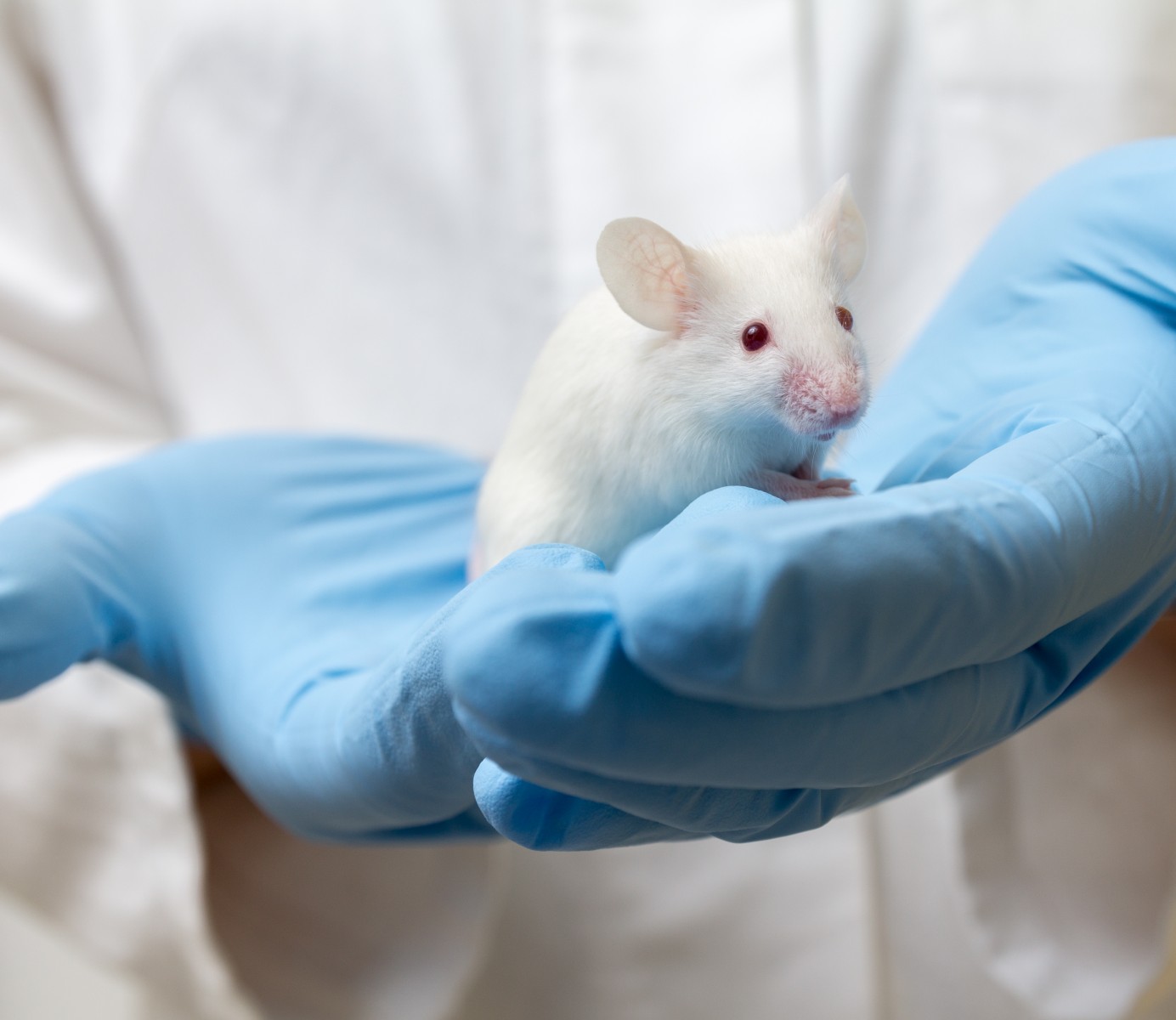Spark Therapeutics’ SPK-3006 Shows Promising Preclinical Data for Treating Pompe Disease
Written by |

Spark Therapeutics has announced promising preclinical data from animal studies regarding its experimental gene therapy, SPK-3006, to treat Pompe disease.
With these positive results, the company plans to conduct a Phase 1/2 clinical trial in 2019 evaluating the safety of SPK-3006 in adult Pompe patients.
The preclinical data were presented in an oral presentation titled “Safety and efficacy evaluation of investigational liver gene transfer for secretable GAA in the treatment of Pompe disease,”during the Late-Breaking Session at the International Congress of the World Muscle Society, which took place Oct. 6 in Mendoza, Argentina.
Pompe disease is a progressive neuromuscular disorder caused by mutations in the acid alpha-glucosidase (GAA) gene that leads to the total absence, or a less effective version, of the GAA enzyme.
This leads to the build-up of glycogen (a complex sugar molecule) in several tissues, mainly affecting skeletal muscle cells — including those involved in breathing — and heart cells.
The only approved therapeutic option for patients with Pompe disease is the lifelong administration of an enzyme replacement therapy (ERT), Lumizyme, in which the GAA enzyme is delivered to patients once or twice a week.
Spark Therapeutics aims to replace this lifelong standard treatment with a one-time investigational gene therapy called SPK-3006. This strategy uses a modified and safe version of the adeno-associated virus (AAV) to transport and deliver a genetically altered GAA gene directly into liver cells.
The company believes this approach may result in sustainable GAA levels in the blood and in reduced immune reactions against the altered enzyme, which ultimately would lead to a greater uptake of GAA in muscle tissues and to symptoms’ ease.
They evaluated the safety and therapeutic benefits of SPK-3006 in a mouse model of Pompe disease.
Ten months after SPK-3006 administration, mice survived longer, had lower levels of glycogen accumulation, and had improved heart, respiratory, and muscle function, compared with untreated mice. Also, no treatment-associated toxicities were identified.
The company noted that the gene therapy produced a better therapeutic response than the standard ERT. SPK-3006 showed a greater ability in restoring mice’s muscle strength and in breaking down glycogen in muscle groups usually resistant to therapy.
Spark also tested the safety of SPK-3006 therapy and its ability to restore GAA enzyme levels in non-human primates.
The results showed that a single administration of SPK-3006 at three increasing doses induced a dose-dependent increase in GAA levels in the blood of non-human primates, and that after six months of follow-up no treatment-related toxicities were observed.
“Early preclinical data suggest sustained plasma levels of GAA facilitate greater uptake into muscle tissue throughout the body, efficient clearance of glycogen, as well as improved restoration of GAA muscle strength when compared to standard of care,” Federico Mingozzi, PhD, Spark Therapeutics’ chief scientific officer, said in a press release.
Also, the production of GAA by liver cells induced fewer immune responses against it due to “an induction of immunological tolerance mediated by the liver rather than the muscle,” Mingozzi explained.
Spark said it has discussed its clinical trial plan for SPK-3006 with the U.S. Food and Drug Administration (FDA) and plans to submit an investigational new drug application and clinical trial application to the FDA and the European Medicines Agency to initiate clinical trials.





